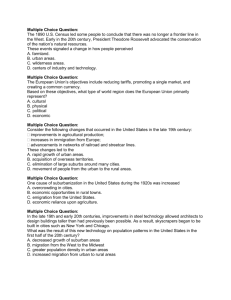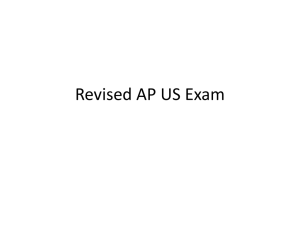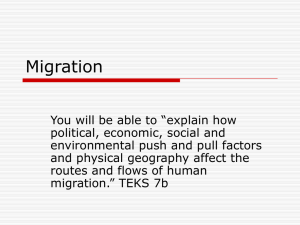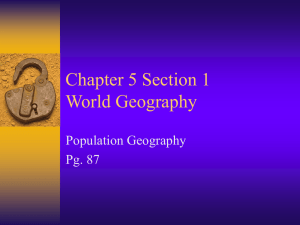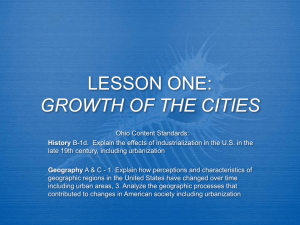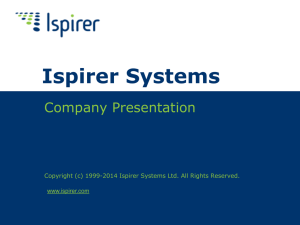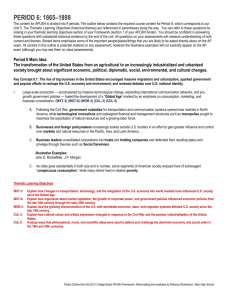REVIEW: PEOPLING
advertisement
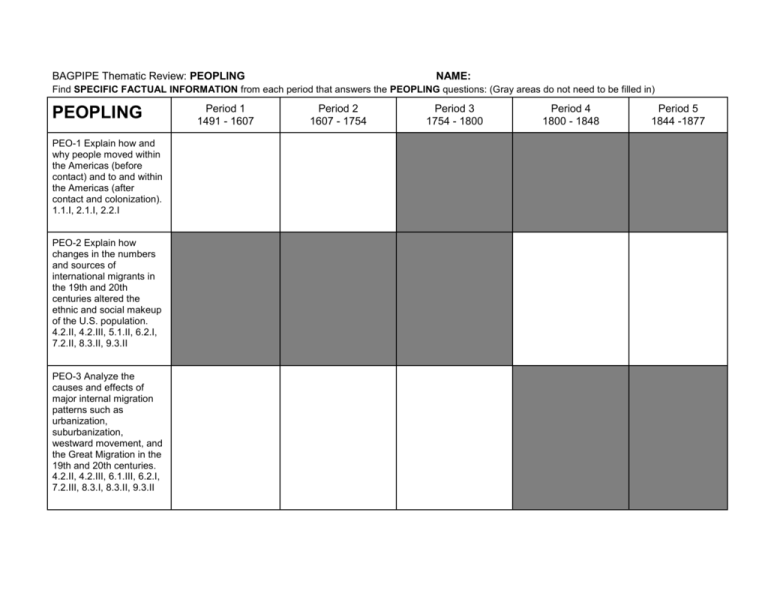
BAGPIPE Thematic Review: PEOPLING NAME: Find SPECIFIC FACTUAL INFORMATION from each period that answers the PEOPLING questions: (Gray areas do not need to be filled in) PEOPLING PEO-1 Explain how and why people moved within the Americas (before contact) and to and within the Americas (after contact and colonization). 1.1.I, 2.1.I, 2.2.I PEO-2 Explain how changes in the numbers and sources of international migrants in the 19th and 20th centuries altered the ethnic and social makeup of the U.S. population. 4.2.II, 4.2.III, 5.1.II, 6.2.I, 7.2.II, 8.3.II, 9.3.II PEO-3 Analyze the causes and effects of major internal migration patterns such as urbanization, suburbanization, westward movement, and the Great Migration in the 19th and 20th centuries. 4.2.II, 4.2.III, 6.1.III, 6.2.I, 7.2.III, 8.3.I, 8.3.II, 9.3.II Period 1 1491 - 1607 Period 2 1607 - 1754 Period 3 1754 - 1800 Period 4 1800 - 1848 Period 5 1844 -1877 PEOPLING PEO-4 Analyze the effects that migration, disease, and warfare had on the American Indian population after contact with Europeans. 1.2.I, 2.2.II, 3.3.II, 6.2.II PEO-5 Explain how free and forced migration to and within different parts of North America caused regional development, cultural diversity and blending, and political and social conflicts through the 19th century. 1.2.I, 2.1.III, 2.2.II, 3.3.I, 5.1.II, 5.2.II, 6.1.III PEO-6 Analyze the role of both internal and international migration on changes to urban life, cultural developments, labor issues, and reform movements from the mid-19th century through the mid-20th century. 5.1.II, 6.1.II, 6.2.I, 7.2.II Period 1 1491 - 1607 Period 2 1607 - 1754 Period 3 1754 - 1800 Period 4 1800 - 1848 Period 5 1844 -1877 PEOPLING PEO-2 Explain how changes in the numbers and sources of international migrants in the 19th and 20th centuries altered the ethnic and social makeup of the U.S. population. 4.2.II, 4.2.III, 5.1.II, 6.2.I, 7.2.II, 8.3.II, 9.3.II PEO-3 Analyze the causes and effects of major internal migration patterns such as urbanization, suburbanization, westward movement, and the Great Migration in the 19th and 20th centuries. 4.2.II, 4.2.III, 6.1.III, 6.2.I, 7.2.III, 8.3.I, 8.3.II, 9.3.II PEO-4 Analyze the effects that migration, disease, and warfare had on the American Indian population after contact with Europeans. 1.2.I, 2.2.II, 3.3.II, 6.2.II Period 6 1865 - 1890 Period 7 1890 - 1945 Period 8 1945 – 1980 Period 9 1980 – present PEOPLING PEO-5 Explain how free and forced migration to and within different parts of North America caused regional development, cultural diversity and blending, and political and social conflicts through the 19th century. 1.2.I, 2.1.III, 2.2.II, 3.3.I, 5.1.II, 5.2.II, 6.1.III PEO-6 Analyze the role of both internal and international migration on changes to urban life, cultural developments, labor issues, and reform movements from the mid19th century through the mid-20th century. 5.1.II, 6.1.II, 6.2.I, 7.2.II PEO-7 Explain how and why debates over immigration to the United States have changed since the turn of the 20th century. 7.2.II, 8.3.II, 9.3.II Period 6 1865 - 1890 Period 7 1890 - 1945 Period 8 1945 – 1980 Period 9 1980 – present
